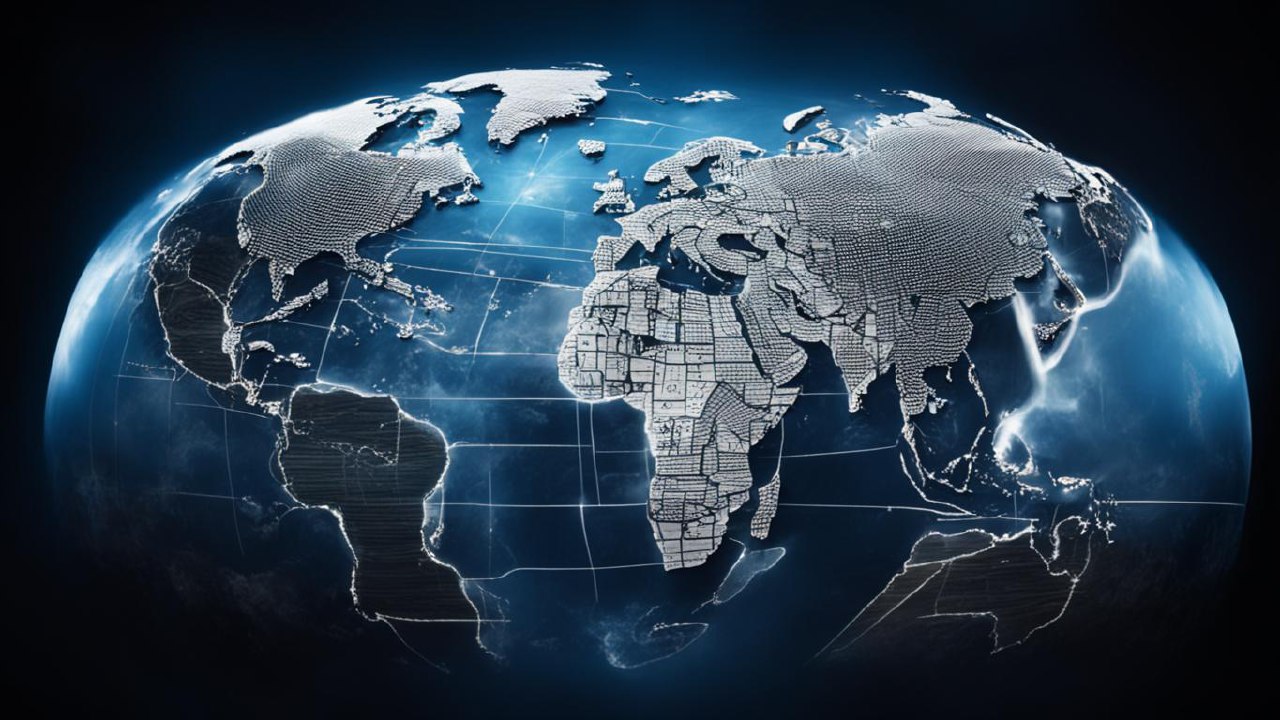Worldwide trade agreements play a important role in shaping the financial landscape, fostering worldwide cooperation, and driving business-related growth. These agreements, planned to reduce trade obstructions and promote cross-border commerce, have far-reaching impacts on frugalities, industries, and consumers general. Understanding their significance and effects is essential for including modern global commerce.
The Purpose of Trade Agreements
Work agreements are negotiated contracts between two or more nations proposed at facilitating trade by lowering tariffs, import quotas, and additional trade restrictions. They create a organized framework for international trade, ensuring that trade flows more flatly and predictably. By establishing common rules and guidelines, these agreements help to level the playing field for trades operating in different countries.
Key Global Work Agreements
Several notable business agreements have significantly jolted global trade:
- The Approximate Agreement on Tariffs and Business (GATT): Established in 1947, GATT was a multilateral agreement organizing international trade. It proposed to reduce tariffs and different trade barriers and was assumed by the World Profession Organization (WTO) in 1995, which resumes to oversee global business rules.
- The North American Free Trade Agreement (NAFTA): Achieved in 1994 between the United States, Canada, and Mexico, NAFTA proposed to eliminate most tariffs on products exchange among the three countries. It was dismissed by the United States-Mexico-Canada Arrangement (USMCA) in 2020, which modernized and restored the terms to reflect current business-related realities.
- The European Union (EU) Sole Market: This agreement admits goods, services, capital, and crowd to move freely among EU member states, promoting economic integration and aid.
- The Trans-Pacific Partnership (TPP): Initially a trade agreement among 12 Peaceful Rim countries, the TPP proposed to promote trade and financial growth. After the U.S. retracted in 2017, the remaining countries made the Comprehensive and Progressive Concurrence for Trans-Pacific Partnership (CPTPP).
- The African-american Continental Free Trade Area (AfCFTA): Started in 2021, AfCFTA aims to create a single international market for goods and aids, fostering economic unification across Africa.
Economic Impacts
All-encompassing trade agreements have deep economic impacts, influencing progress, employment, and consumer prices.
- Pushing Economic Growth: By lowering trade barriers, these compromises encourage trade between nations, leading to increased financial activity. Businesses attain to larger markets, enabling bureaucracy to expand their operations and increase result. This, in turn, stimulates financial growth and creates tasks.
- Enhancing Competition and Change: Trade agreements reveal domestic industries to worldwide competition, which can drive change and efficiency. Companies must enhance their products and services to wait competitive, benefiting users with better quality and lower prices.
- Economic Variety: For developing countries, trade concurrences can provide opportunities to expand their economies. By gaining approach to new markets, these countries can reduce their confidence on a limited range of exports and build more resilient frugalities.
- Consumer Benefits: Consumers benefit from business agreements through lower prices and increased chance of goods and services. The decline or elimination of tariffs reduces the cost of exotic goods, while greater contest ensures better quality and assortment.
Social and Environmental Impacts
While profession agreements have many economic benefits, they further have social and environmental implications that must be deliberate.
- Labor Markets and Job Displacement: Business agreements can lead to task creation in some subdivisions while causing job deficits in others. Industries that are helpless to compete with international matches may shrink, superior to job displacement. This makes necessary policies to support affected employees through retraining and social security nets.
- Environmental Concerns: Increased profession can have environmental impacts, such as larger carbon emissions from conveyance and industrial activity. Trade arrangements must therefore include supplyings to address environmental standards and advance sustainable practices.
- Standards and Rules: Harmonizing standards and regulations through profession agreements can improve produce safety and quality. Nevertheless, there is also the risk that nations may lower standards to interest trade, highlighting the need for forceful regulatory frameworks.
Geopolitical and Crucial Impacts
Global trade concurrences also play a strategic part in international relations.
- Strengthening Agreements: Trade agreements can strengthen governmental and economic ties between nations, fostering cooperation and cohesion. They create interdependencies that can help to mitigate conflicts and advance peace.
- Economic Influence: Countries can use trade contracts as tools of economic tact, leveraging access to their markets to achieve more extensive strategic objectives.
- Local Integration: Agreements like the EU Sole Market and AfCFTA promote territorial integration, which can reinforce political cohesion and negotiations between union and management power on the global stage.
Guaranteeing that trade serves as a force for sustainable development and all-embracing growth.



